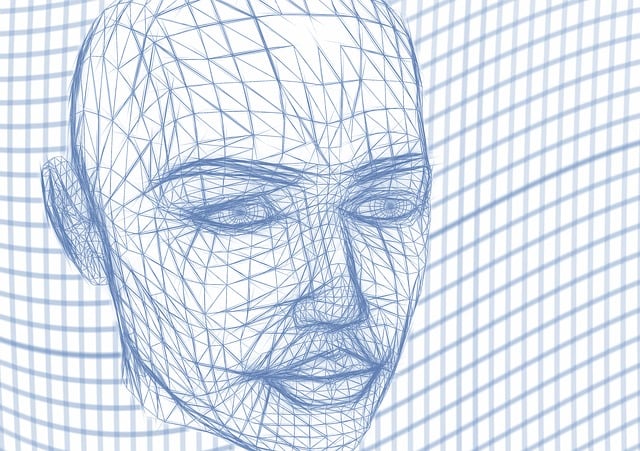Muscle soreness, especially Deltoid muscle pain (DOMS), is common post-exercise among athletes. Kratom, a natural herb with analgesic properties, has gained attention as a DOMS remedy due to its alkaloids' interaction with opioid receptors. While some users report kratom supplements easing DOMS, individual responses vary, and concerns about permanent hair loss from kratom use regrowing remain unaddressed by current research. Although some may experience temporary hair thinning, research indicates that kratom doesn't cause long-term hair loss; however, excessive shedding might indicate underlying issues.
Muscle soreness, that aching reminder of intense workouts or strenuous activities, can be a constant nuisance. Fortunately, natural remedies like kratom supplements offer potential relief. This article delves into the science behind muscle soreness and investigates how kratom, a compound derived from the kratom plant, may help ease discomfort. We explore its effectiveness for recovery without diving too deep into its psychoactive effects. Additionally, we address a common concern: does hair loss from kratom grow back?
- Understanding Muscle Soreness and Kratom's Role
- Exploring Kratom Supplements for Relief
- Hair Loss Concerns: Does it Grow Back?
Understanding Muscle Soreness and Kratom's Role

Muscle soreness, often referred to as Deltoid muscle pain or DOMS (Delayed Onset Muscle Soreness), is a common issue that affects athletes and active individuals post-exercise. It’s a natural response to new or intense physical activity, causing muscles to feel tight, achy, and tender. While it usually subsides within a few days, finding effective relief strategies can enhance recovery and overall well-being.
Kratom, a natural herb derived from the Mitragyna speciosa plant, has gained attention for its potential therapeutic effects. It contains various alkaloids, including mitragynine and 7-hydroxymitragynine, which interact with opioid receptors in the body. This interaction might contribute to kratom’s ability to provide pain relief, including muscle soreness. Some users report that kratom supplements can help ease DOMS, offering a natural alternative for those seeking to avoid over-the-counter painkillers or their potential side effects. However, it’s essential to approach this with caution, as individual experiences may vary, and more research is needed to fully understand its mechanisms of action, especially regarding any concerns about hair loss from kratom use growing back.
Exploring Kratom Supplements for Relief

Kratom supplements have gained attention for their potential in alleviating muscle soreness, offering an alternative solution to traditional pain management methods. These natural extracts from the kratom plant (Mitragyna speciosa) are known for their diverse bioactive compounds, including alkaloids and opioids, which interact with the body’s opioid receptors. This interaction may contribute to its analgesic effects, providing relief from muscle discomfort without some of the side effects associated with prescription painkillers.
While kratom is often used for its relaxing and mood-enhancing properties, recent research suggests that specific strains and dosages can effectively target muscle soreness. Unlike hair loss, which is not a direct result of kratom use but rather an occasional side effect in some cases (and typically reversible upon discontinuation), the potential for muscle relief offers a compelling benefit. Exploring kratom supplements as part of a holistic approach to recovery could be beneficial for those seeking natural solutions for managing post-workout or chronic muscle pain, ensuring a more comfortable and active lifestyle.
Hair Loss Concerns: Does it Grow Back?

Many users worry about potential side effects when considering kratom for muscle soreness relief, and one common concern is hair loss. It’s important to understand that while some individuals may experience temporary hair thinning or shedding when starting kratom supplements, it doesn’t necessarily indicate permanent hair loss. In many cases, hair grows back once the body adjusts to the new substance.
Research suggests that kratom itself does not cause long-term hair loss. However, factors like stress and nutrient deficiencies can contribute to hair health, and these issues may be exacerbated by certain substances. If you experience excessive or persistent hair shedding, it’s advisable to consult a healthcare professional to rule out any underlying medical conditions and ensure proper nutrition.
Kratom supplements have shown promise in alleviating muscle soreness, offering a natural alternative for relief. However, it’s crucial to approach their use with caution, especially regarding potential side effects and individual reactions. While some users report hair loss as a temporary concern, research suggests that hair can regrow once kratom use is ceased. Further studies are needed to fully understand the long-term effects of kratom on various bodily systems. As always, consulting a healthcare professional before incorporating any new supplement into your routine is essential for making informed decisions about your health and ensuring optimal results.














